Why You Need an Emergency Kit
The European Commission has been urging European citizens to prepare an emergency kit for extreme situations. Following the recent power outage that struck Portugal, it’s crucial to know how to assemble your own kit.
On April 28th, chaos ensued as the entire Iberian Peninsula went dark around 11:30 AM due to a failure in the electrical system, leaving many without light, communication, or even water. People found themselves trapped in elevators and unable to return home.
While such blackouts can lead to unpredictable disruptions, there are measures you can take to maintain some normalcy during these crises. The European Commission recently published a strategy aimed at enhancing Europe’s ability to prevent and respond to emerging threats. This includes integrating preparation courses into school curricula and encouraging the public to adopt practical measures, such as storing essential supplies for a minimum of 72 hours in case of emergencies.
What Should Your Emergency Kit Include?
In light of critical moments like these, here’s a comprehensive list of items that should be included in your emergency kit:
- First Aid Kit: Bandages, dressings, adhesive tape, scissors, tweezers, safety pins, pain relievers, and disinfectants.
- Essential Medications: Include any regular medications you may need.
- Non-Perishable Food: Dried foods, canned goods, and baby food jars.
- Bottled Water: France recommends six liters per person.
- Cash: For situations where digital payments are not possible.
- Mobile Charger and Power Bank: Ensure they are charged.
- Flashlights: Preferably rechargeable or battery-operated, with spare batteries.
- Battery-Powered Radio: To receive information during a power failure.
- Matches or Lighter: Along with candles.
- Swiss Army Knife: A versatile tool for various needs.
- Whistle: To signal for help in emergencies.
- Thermal Blanket: Along with warm clothing and blankets.
- Personal Hygiene Items: Essential for maintaining cleanliness.
- Spare Glasses: If you wear them.
- Pet Supplies: Rations for your pets.
- Evacuation Checklist: A list of personal items to take with you.
- Phone Directory: Contacts of family, friends, neighbors, and other important numbers.
These items should be packed in a backpack, and you can add any other essentials that you consider necessary for your daily life.
The European Commission emphasizes that the strategy of preparedness, which includes having an emergency kit ready for 72 hours, is increasingly important as the European Union faces more complex crises and challenges. Following the recent scare, take the time to inform yourself and prepare a basic survival kit to safeguard against future unforeseen events.







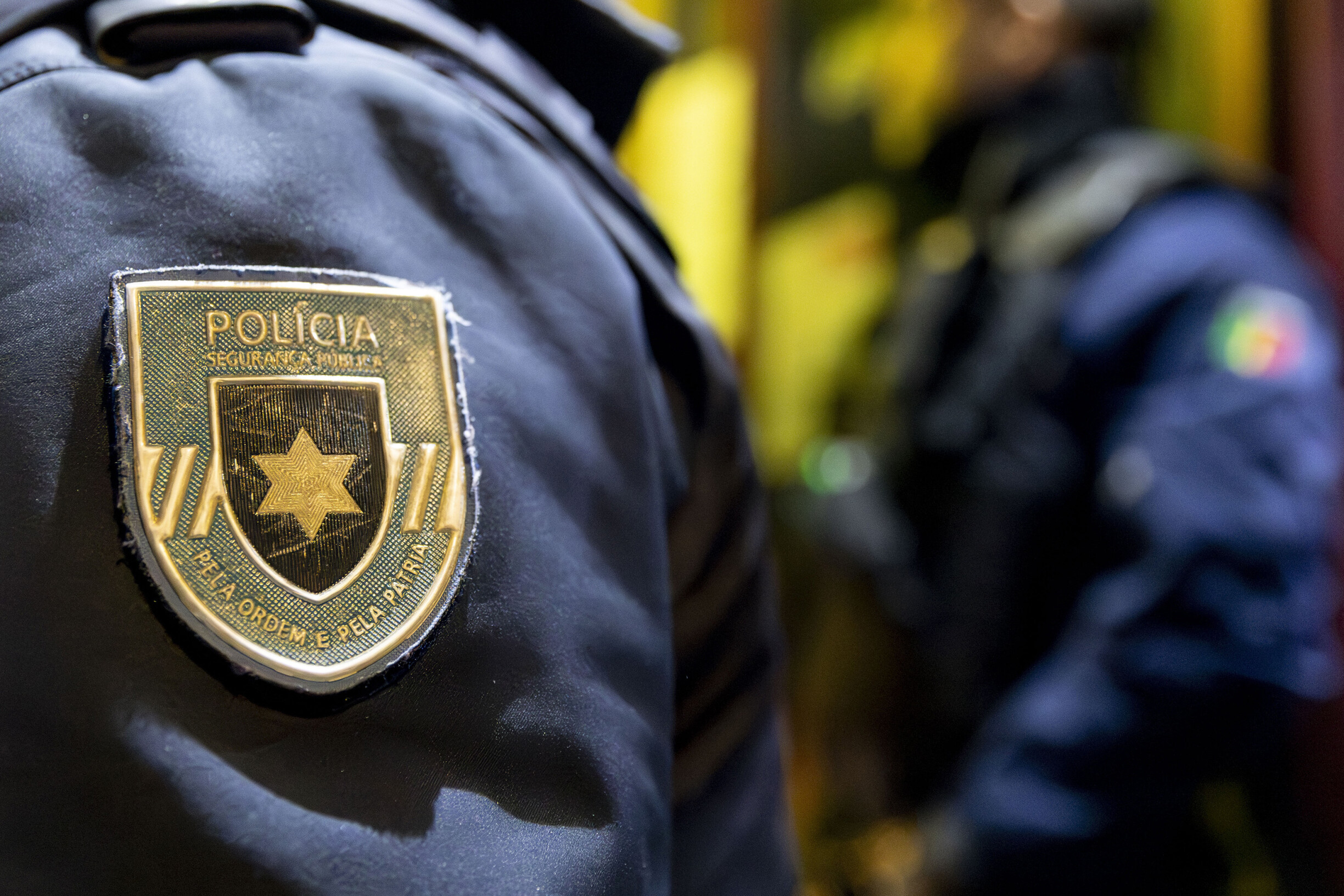
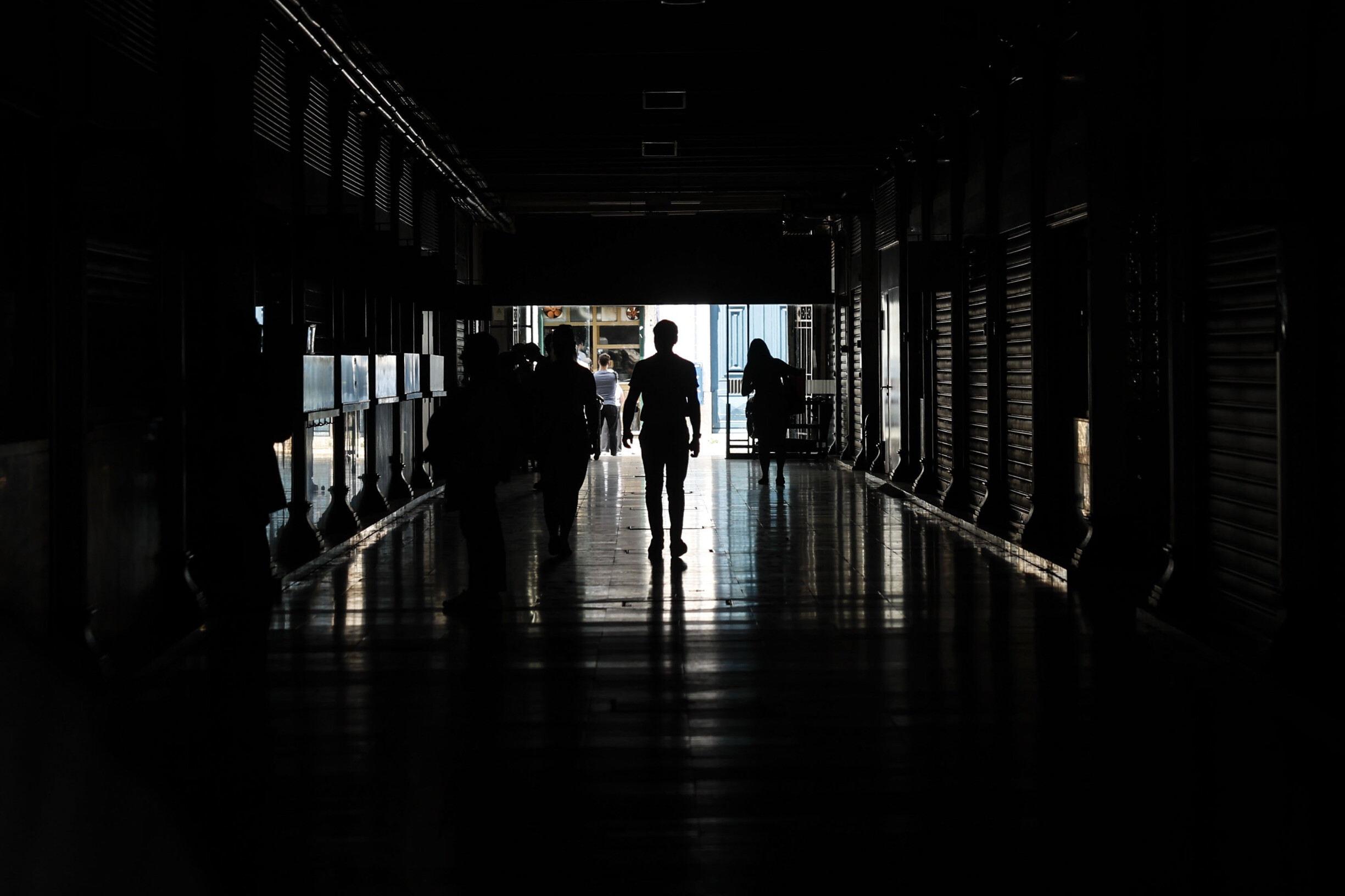










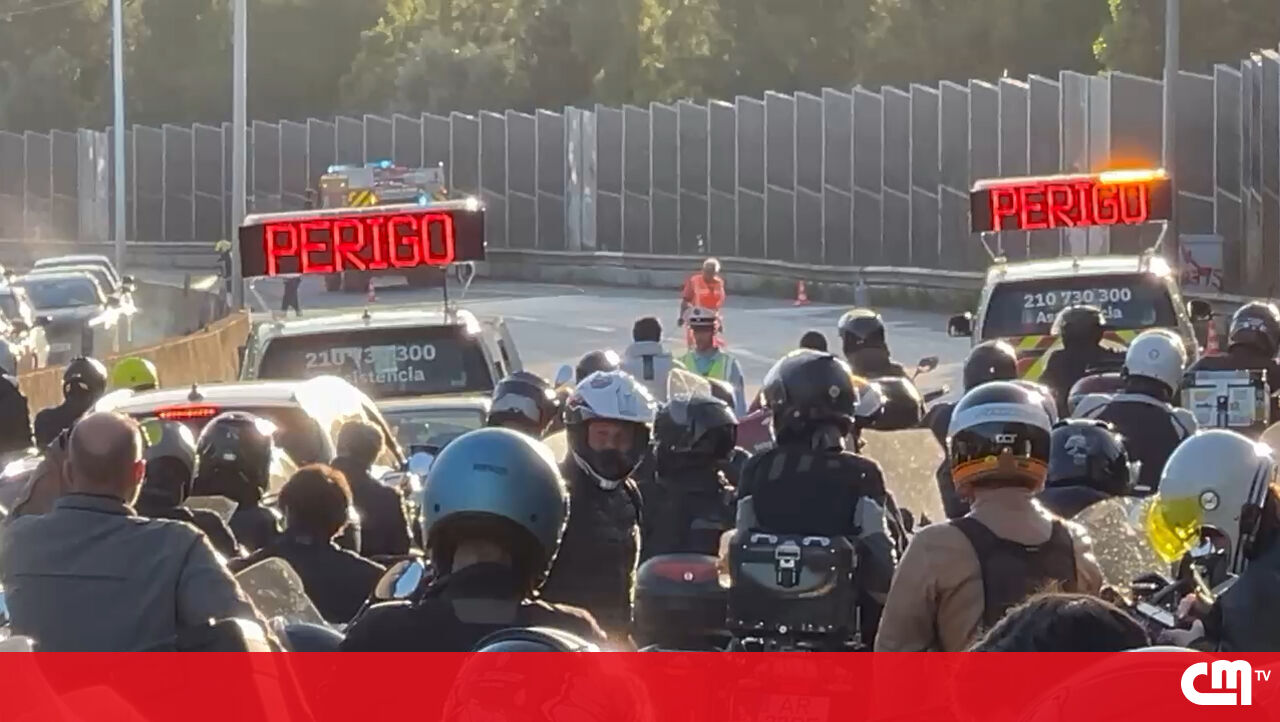


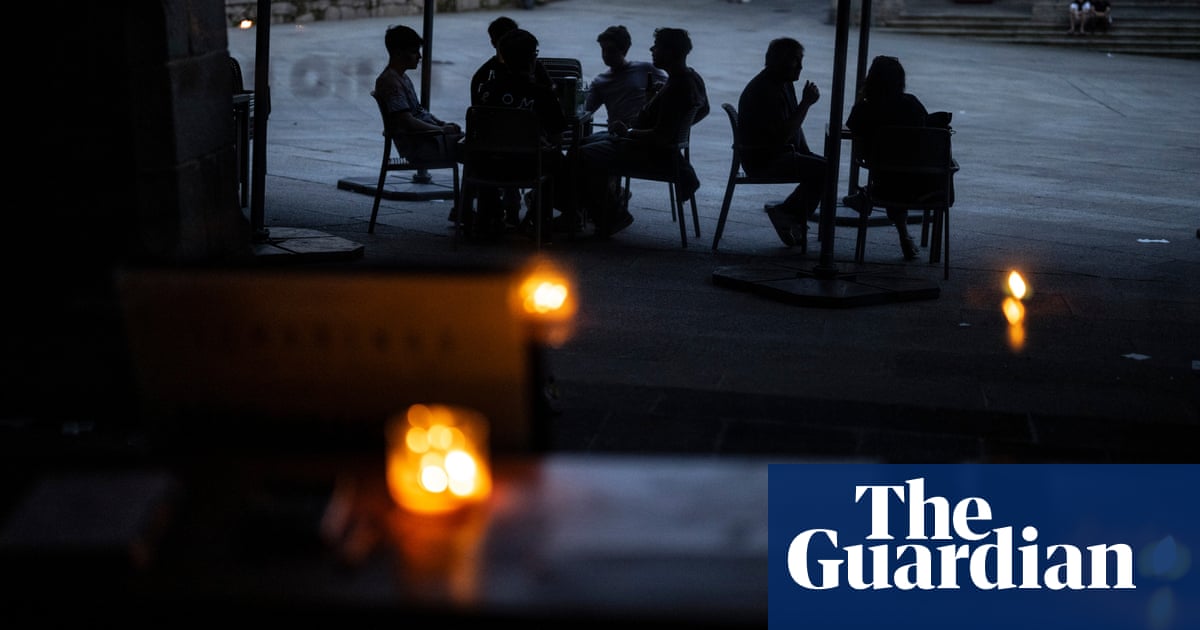






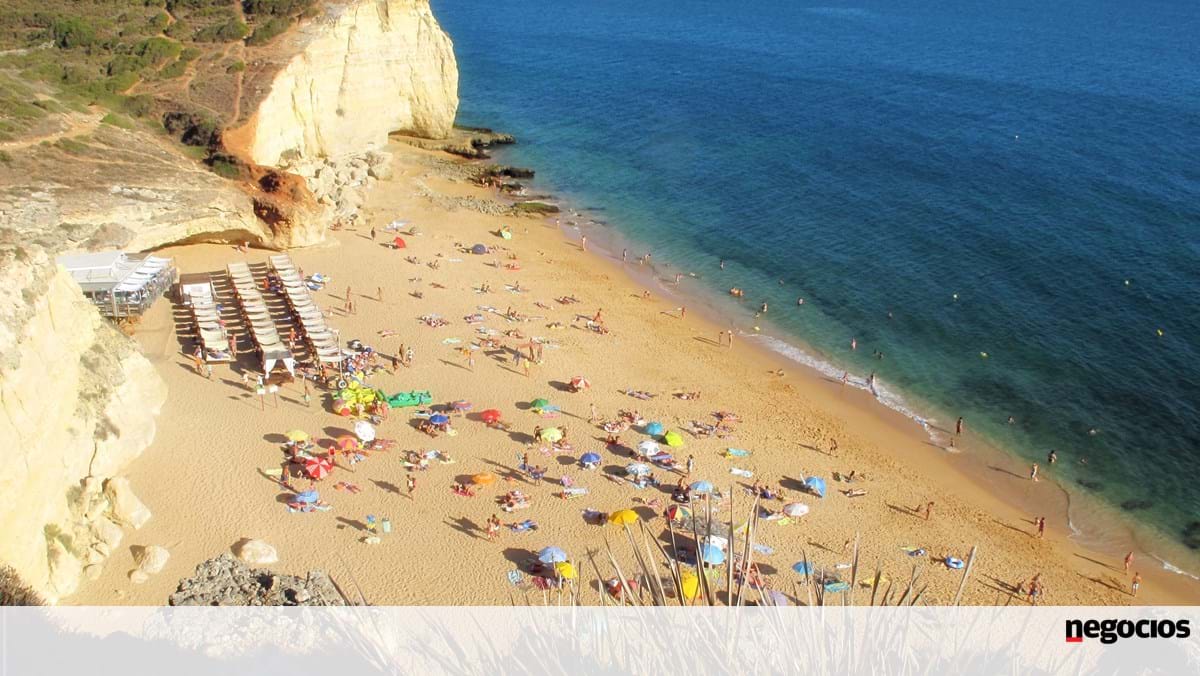


Comments
Join Our Community
Sign up to share your thoughts, engage with others, and become part of our growing community.
No comments yet
Be the first to share your thoughts and start the conversation!